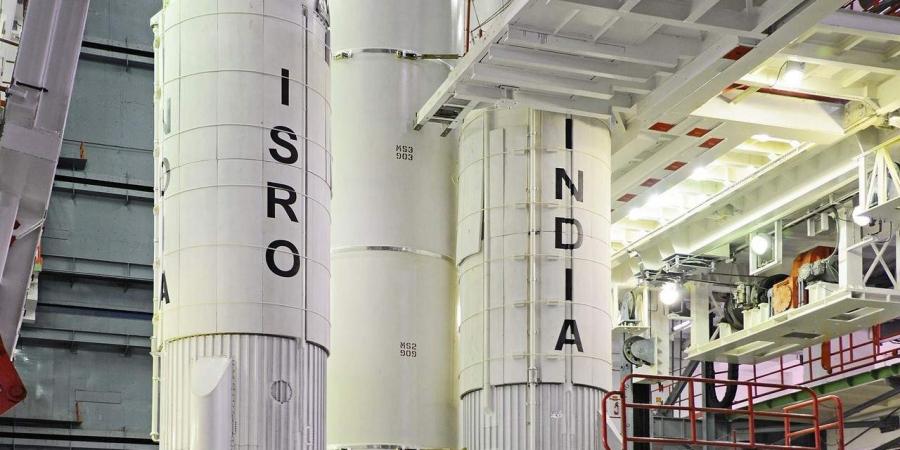
SOURCE: ENS
The decisions of the newly set-up Indian National Space Promotion and Authorisation Centre (IN-SPACe), the single-window nodal agency, on the launch dates of satellites and rockets and use of facilities of the Department of Space’s assets also by private players will be binding on all stakeholders including the Indian Space Research Organisation (Isro).
The Department of Space published the roles and responsibilities of IN-SPACe, formed after the department decided to open up the assets for all with an aim to boost the private sector’s participation in the space activities in the country, on the Isro’s website. According to it, IN-SPACe will have a chairman, technical, strategic and legal experts in space activities, safety and from other departments, academia and industries, and members of the PMO and Ministry of External Affairs.
Moreover, it has been defined that the decisions of IN-SPACe, formed to allow space activities and usage of the department-owned facilities by non-government private entities (NGPEs) as well as to prioritise the launch manifest, shall be final and binding on all stakeholders. The NGPEs will not be required to seek separate permission from ISRO for using its facilities.
IN-SPACe will act as an autonomous body under the Department of Space (DoS) for enabling and regulating space activities. The new entity will draw up an integrated launch manifest considering the requirements of ISRO, NewSpace India Limited (NSIL) — a central public sector enterprise of Government of India and commercial arm of ISRO — and NGPEs based on priorities and readiness level.
According to sources, the new entity can decide on the launch of vehicles of ISRO and private entities, besides opening up the ISRO facilities for the private sector. This has invited sharp reactions from within and outside the space organisations. While the ISRO officially maintains that it’s a win-win situation
for both private and public sectors and the new decision will help the space agency to strengthen R&D, the decision has not gone down well with the employees and former staff.
Former ISRO chairman G Madhavan Nair told TNIE that this is an unwanted disturbance in the functioning of the Indian space programme. Trying to implement an unproven novel concept would result in killing the goose that lays the golden eggs, he said.
G R Pramod, general secretary of the ISRO staff association, said, “We have been protesting against this ever since the idea was mooted. We have written to the chairman, but the decision is somewhat political and we will continue our protest against the decision,” he said.
Roles and responsibilities of IN-SPACe
- Will draw up an integrated launch manifest considering the requirements of Isro, NSIL and NGPEs based on priorities and readiness level.
- Will work out a suitable mechanism for promotion and hand holding, sharing of technology and expertise to encourage participation of NGPEs in space activities.
- To carry out space activities, capital-intensive, high-technology facilities will be required by NGPEs. These facilities, spread across various ISRO centres, shall be permitted for use by NGPEs.
- Will work out a suitable mechanism to offer sharing of technology, expertise and facilities free of cost wherever feasible or at reasonable cost to promote NGPEs.
- Will act as an autonomous body, under DoS, as a single-window nodal agency for enabling and regulating space activities and usage of Isro facilities by NGPEs.
- Will also permit establishment of facilities, within ISRO premises, based on safety norms and feasibility assessment.






